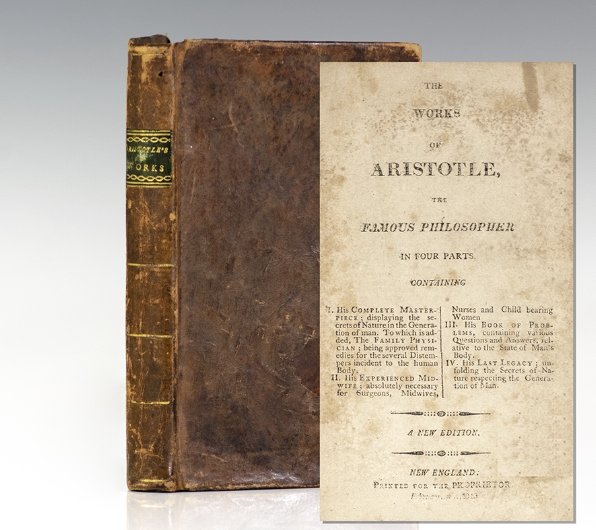Aristotle’s ‘Nicomachean Ethics’ is a timeless work on ethics and virtue.
Understanding the Purpose
The main aim of ‘Nicomachean Ethics’ is to discover what constitutes a good life and how to achieve it.
Virtue Ethics
Aristotle focuses on virtue ethics, which emphasizes the importance of developing good character traits.
The Mean Doctrine
A key concept in the book is the doctrine of the mean, which suggests that virtue lies in finding the right balance between extremes.
Golden Mean
Aristotle believed that the golden mean – the middle way between excess and deficiency – leads to a virtuous life.
Practical Wisdom
He also highlights the importance of practical wisdom, or phronesis, in making ethical decisions.
Eudaimonia
Aristotle argues that the ultimate goal of human life is eudaimonia, or flourishing, which comes from living a virtuous life.
Criticism
Some critics argue that Aristotle’s ethics are too rigid and dependent on social norms.
Overall, ‘Nicomachean Ethics’ offers valuable insights into the nature of virtue and the importance of living a good life. Unlocking its secrets can lead to a better understanding of ethics and human flourishing.
